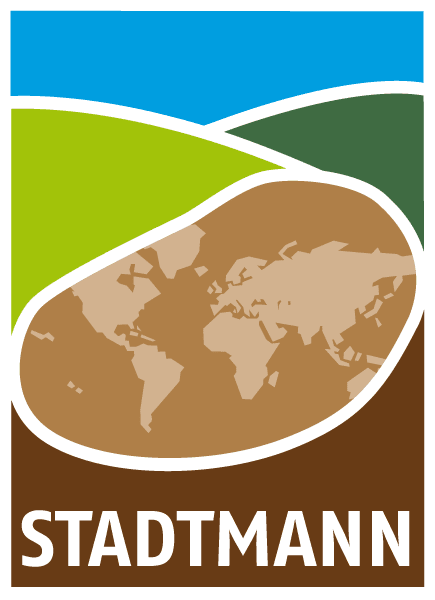Freshness and quality since 1912
Stories from over 100 years of company history
Ours is an eventful but continually prosperous story! Scroll down through the company history of Theodor Stadtmann GmbH & Co. KG – from its founding in 1912 to the present day.
1912
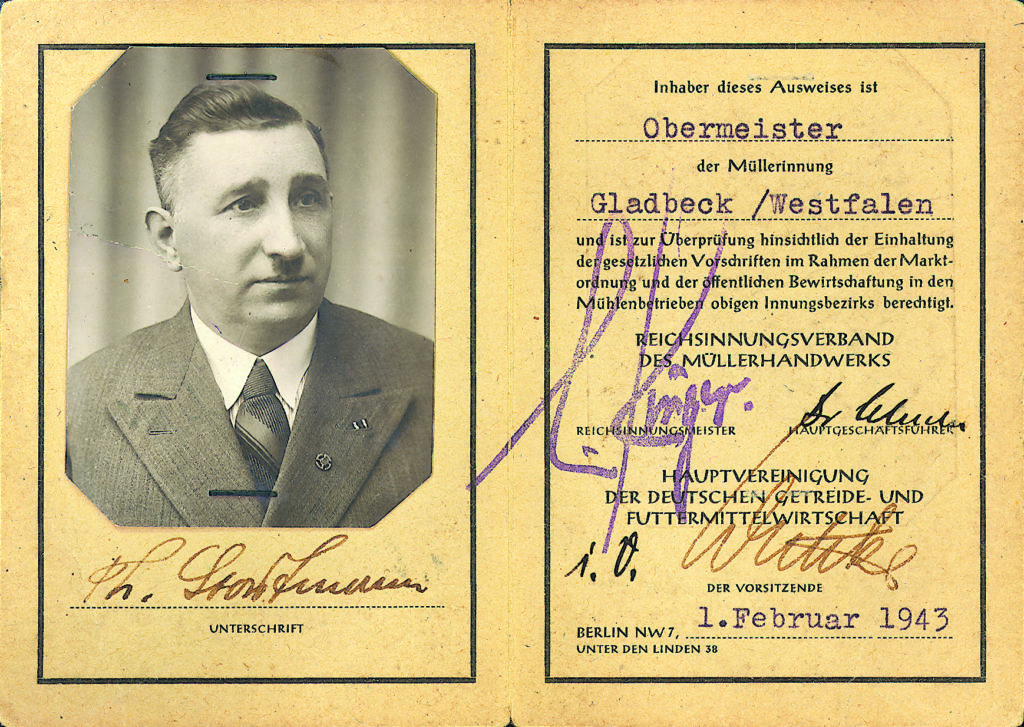
Company founded by farmer’s son Theodor Stadtmann, born in Vreden, Westphalia.
Initially, the company operates as a mill, producing rye flour, rye meal and buckwheat flour.
1914 – 1918
First World War
1918 – 1939

Increase in milling and direct sales
1939 – 1945
Second World War
On 1 September 1939, company trucks and drivers are requisitioned by the German armed forces. Deliveries are once again conducted by horse-drawn cart and three-wheel vehicle. In March 1945, company founder Theodor Stadtmann is killed in a low-flying air raid in Münsterland.
1945
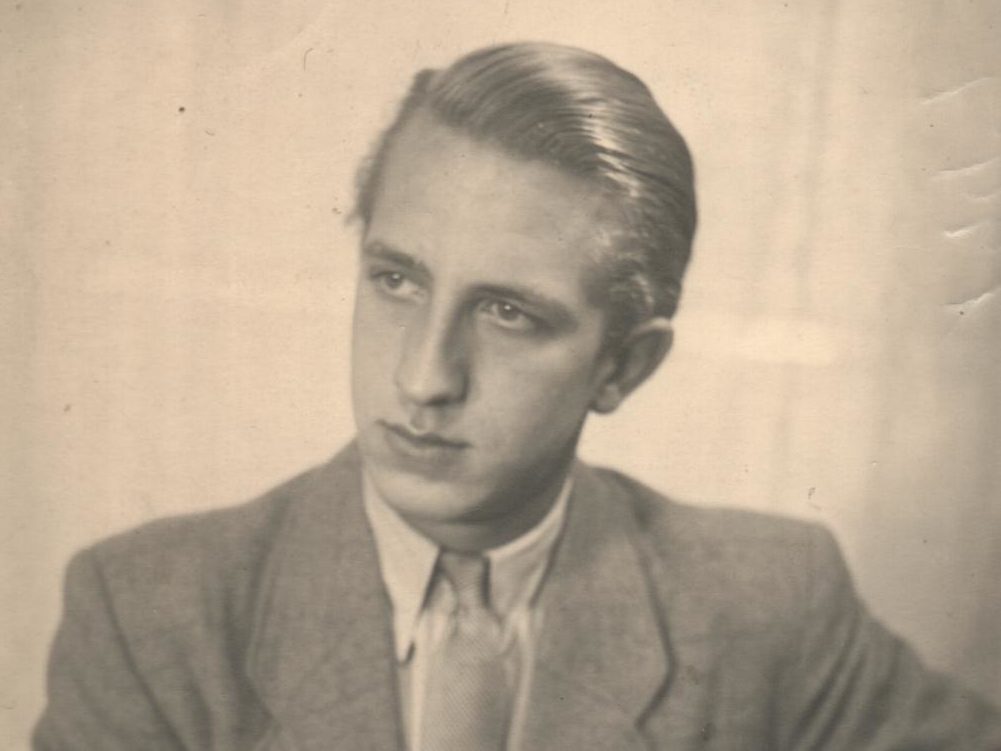
Seventeen-year-old war returnee takes over the reins
In March 1945, 17-year-old Hans Stadtmann, just back from the war, takes over the mill. He is assisted by the master miller, also recently returned from the fighting.
In the absence of bomb damage, mill operations can resume immediately, powered by electric motor and diesel engine. This helps ensure a steady supply of bread flour to bakeries and bread factories.
Most of the grain for this purpose comes from the remaining reserves of the Reich Food Society or is delivered from ports by the trucks of the US occupying forces. This helps secure a minimum supply of bread to the population.
1948
Monetary reform and feed production
Following monetary reform, the company is able to resume the production of animal feed to supply livestock owners in the mining communities./p>
1951
Moving into potatoes
In 1951, Stadtmann enters the potato business. Back then, households would store a winter’s supply of potatoes in the cellar, 150 kg per person. There are also works canteens and hospitals to be supplied. The potatoes are delivered in 50 kg sacks.
1953
The birth of the supermarket
The first small supermarkets for food open for business. The company begins supplying 2.5 kg bags of potatoes, packed by hand.
1960
Feed outward – potatoes inward
In the early 1960s, Stadtmann begins trading in potatoes with the brand name Deutsche Markenkartoffeln and a quality mark bearing the image of an eagle. The company expands the production of animal feed and sets up a separate branch specially for this purpose. In the main, production focuses on dairy cattle feed, pig feed, and poultry feed for laying hens.
The feed is delivered out to farms in the Münster and Weser-Ems areas – on the inward run, potatoes grown in these areas, along with the Lüneburg Heath, often make up the return load.
1972
Ackergold potatoes
The Ackergold quality mark replaces Deutsche Markenkartoffeln. Sales to supermarket chains grow steadily. The company begins trading in rice bran produced by Deutsche Reismühlen. To this day, the main suppliers of rice meal are based in Gelsenkirchen, Bremen, Hamburg and Mannheim. The chief buyer of this product is the feed concentrates industry.
1982
Stadtmann goes international
New potatoes, directly imported from the Mediterranean from January to July, are added to the company portfolio. The main growing areas include Morocco, Tunisia, Portugal, Majorca, Egypt, Syria and various regions of Spain and Italy.
1992
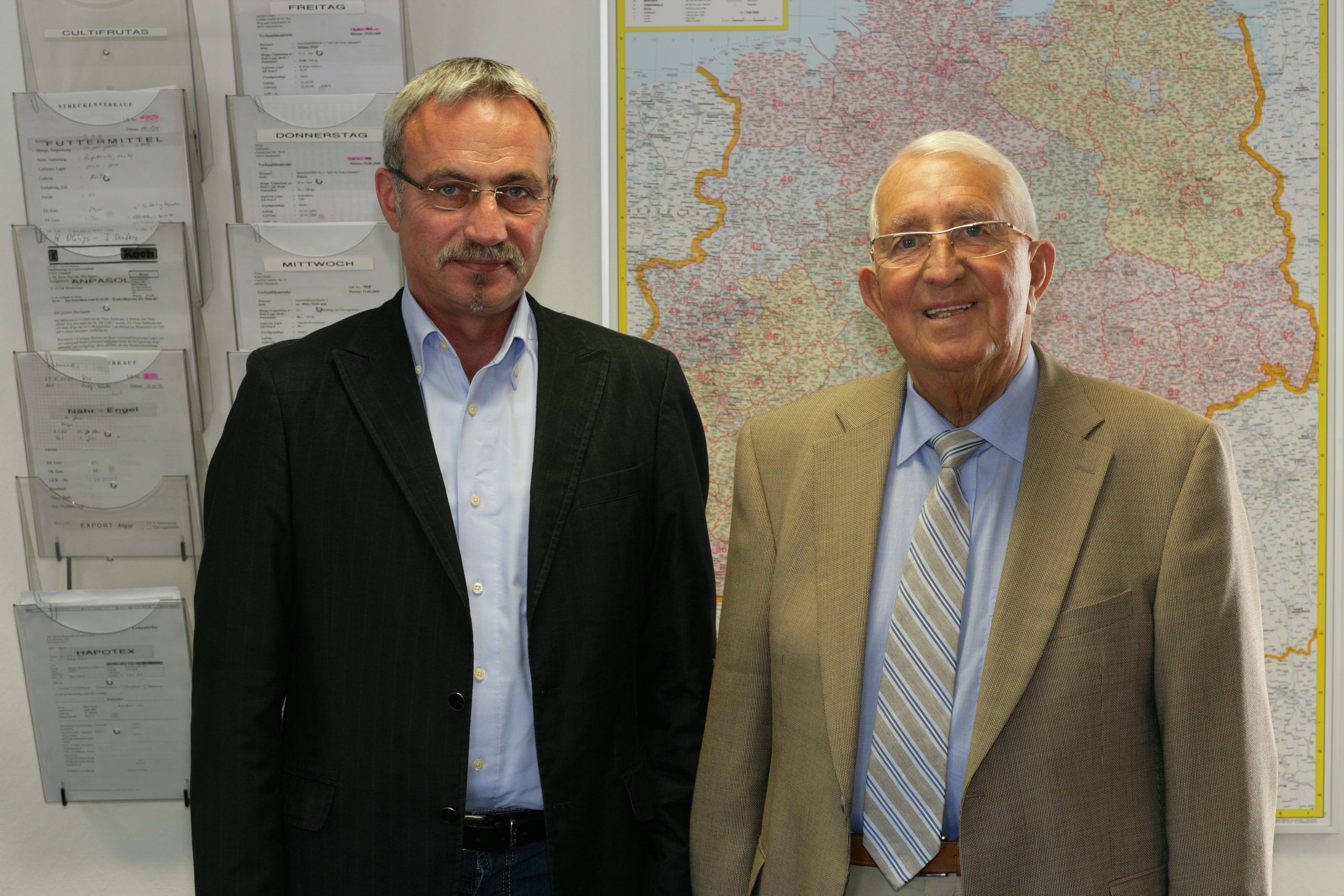
A visit to the notary
Company employee Karl-Heinz Wobbe acquires a stake in the company, formerly a sole proprietorship, which is then renamed Theodor Stadtmann GmbH & Co. KG.
A Spanish venture
In Andalusia, near Seville, major landowners establish the company Anpasol, with a stake held by Stadtmann. Alongside new potatoes, potatoes for the potato-processing industry are also grown here. All of these potatoes are destined for buyers in Central Europe – in the main, packing plants for supermarket chains and wholesalers. At the same time, the company also begins trading in onions from Italy, Spain, South Africa, New Zealand and Tasmania.
1998
2005
Investment at home
Modification and expansion of the processing and packing station in Bottrop.
A successor is found (1)
Managing partner Hans Stadtmann leaves the company and is replaced by Karl Ohligs.
2011
2012
100 years of Stadtmann

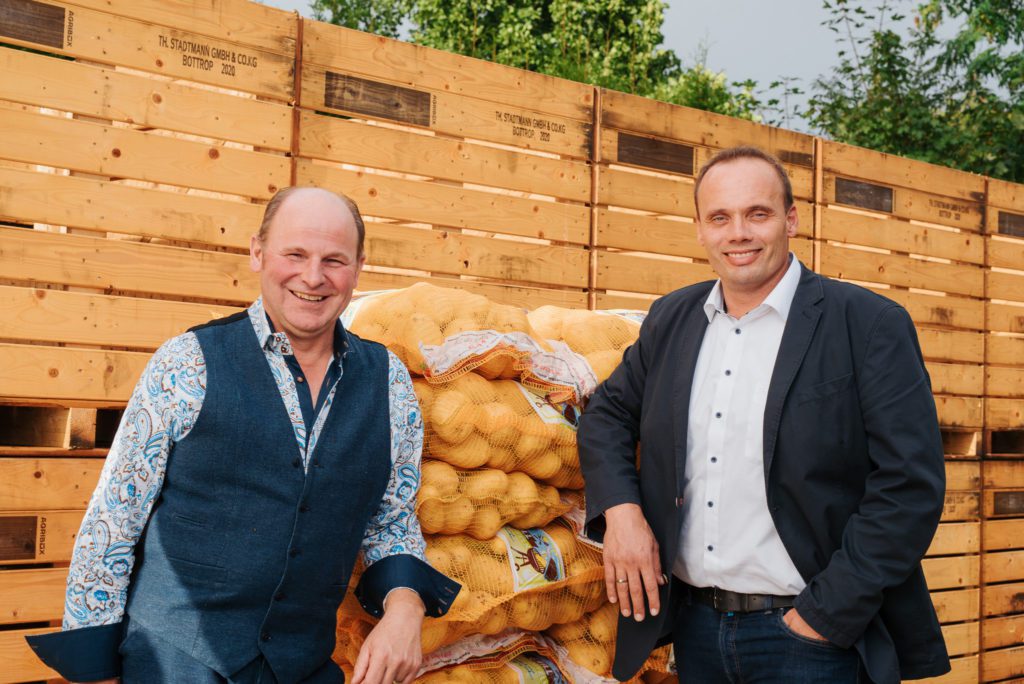
A successor is found (2)
Karl-Heinz Wobbe retires from day-to-day business and transfers his company shares to Karl Ohligs and Christian Fockenberg as managing partners.
2016
2018
Office expansion
As Stadtmann continues to grow, so too does the company workforce. With office space reaching its limits, the company builds a new extension, which creates more room and opens up new perspectives.
2019

Expansion & investment
The area for incoming goods is expanded, and Stadtmann invests in a modern wash-and-polish machine.
2019
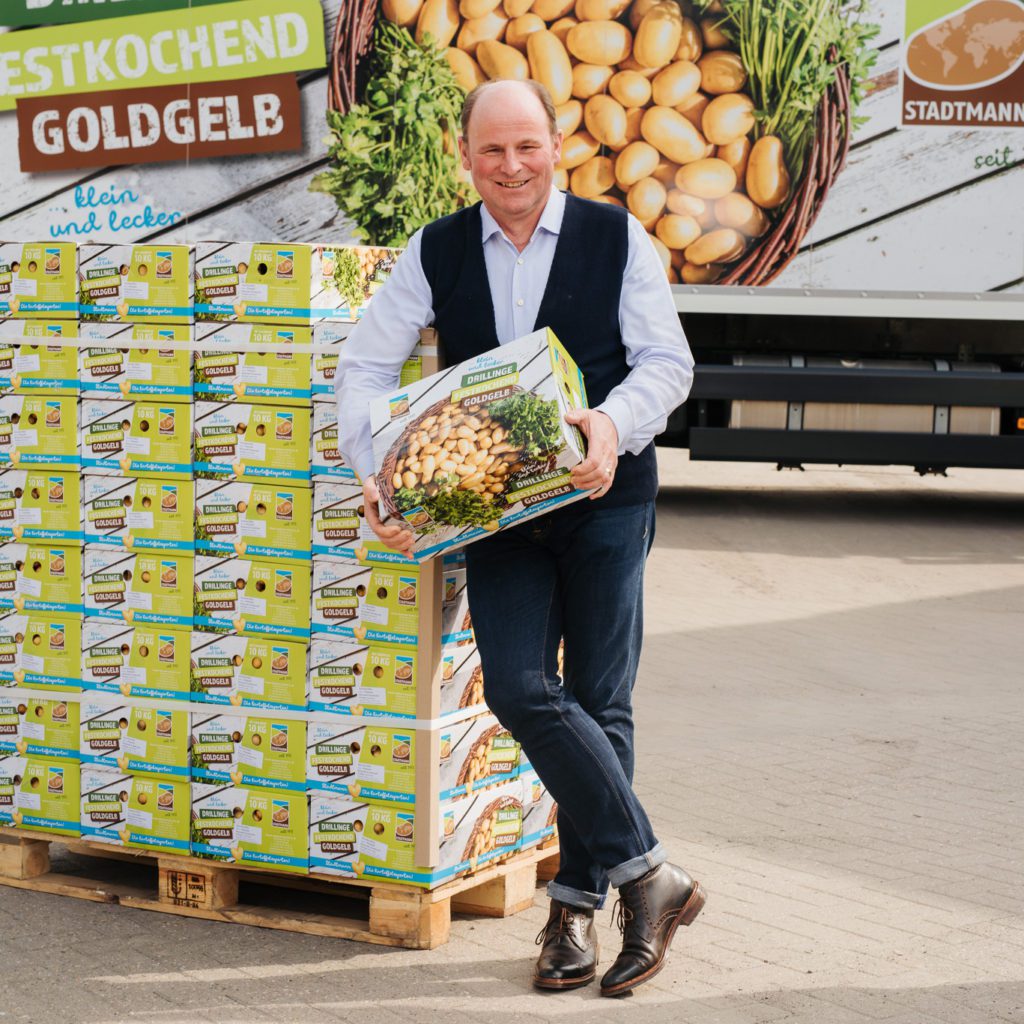
Developing own brands (1)
Stadtmann’s corporate design receives a full makeover, including a new logo. This process also sees the company begin developing its own brands, the first of these being the Drillinge range of premium potatoes.
2020

Developing own brands (2)
This is rapidly followed by the next own brand from Stadtmann: the company’s special chipping potatoes, packaged in a modern and attractive design.
